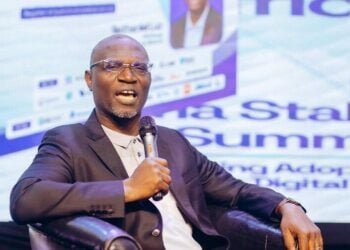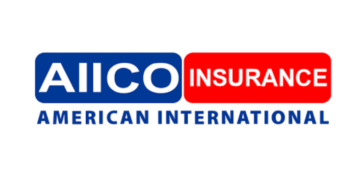Director-General of the Securities and Exchange Commission (SEC), Dr. Emomotimi Agama, has said that Nigeria’s transition to a T+2 settlement cycle in the capital market will significantly enhance market efficiency, reduce risks, and strengthen investor confidence.
He made the statement at a trade associations roundtable on “Ensuring Stakeholder Readiness for T+2 Settlement” held in Abuja on Wednesday, according to a statement that was issued by the commaaion. Agama said the migration from the current T+3 to T+2 cycle represents a strategic step toward aligning Nigeria’s capital market with global best practices.
According to him, the move is not just a technical reform but a major milestone that will make the Nigerian market more competitive and resilient.
He said: “A shorter settlement cycle is a hallmark of a mature, dynamic, and competitive market.” The new payment settlement directly addresses several key objectives: It significantly reduces counterparty risk and market exposure. The less time between trade execution and final settlement, the lower the potential for a default to ripple through the system.
It is expected to boost market liquidity by returning capital to investors more quickly, allowing for its redeployment and fostering greater market activity. The SEC DG acknowledged that the new system aligned “our market with international best practices, enhancing our attractiveness to foreign investment and reinforcing Nigeria’s position as a key player in the global financial arena.
“Ultimately, a more efficient and safer settlement system strengthens the bedrock of our market—investor confidence”.
Dr. Agama explained that by shortening the time between trade execution and final settlement, the T+2 system will lower market exposure and minimize the potential for defaults, adding that faster settlement would improve liquidity by returning capital to investors sooner, enabling them to reinvest and contribute to greater market activity.
He noted that many advanced markets are already moving toward T+1 settlements, adding that Nigeria must continue to evolve to remain globally relevant.
“The global financial landscape is constantly changing, driven by technology and investor demand for efficiency. The transition to T+2 is, therefore, a strategic imperative to keep our market competitive and future-ready,” he said.
The SEC boss emphasized that the success of the transition depends on the collective readiness of all market participants — from brokers and custodians to clearing houses and investors. He urged trade associations to take a leading role in preparing their members for the operational and technological changes that the new system will require.
“Your readiness and that of your members is the single most important determinant of our success. This means recalibrating back-office operations, upgrading technology systems, streamlining settlement processes, and ensuring that all market participants are informed and prepared,” he said.
Dr. Agama assured stakeholders that the Commission would work closely with trade associations, market operators, and Financial Market Infrastructures such as the Nigerian Exchange Limited and the Central Securities Clearing System to ensure a smooth and coordinated transition.
He said the commission would also intensify investor education and awareness campaigns to ensure that all market participants understand the implications and benefits of the change.
“The move to T+2 is a necessary leap forward for the Nigerian capital market. It is a testament to our collective ambition to build a market that is efficient, resilient, and globally competitive,” he stated.
Agama called on stakeholders to engage constructively and collaboratively to identify potential bottlenecks, share best practices, and agree on a clear roadmap for implementation.
He reaffirmed SEC’s commitment to providing the necessary regulatory support and guidance, urging all market participants to work together to make the T+2 transition a “resounding success and a proud milestone” for Nigeria’s financial markets.





